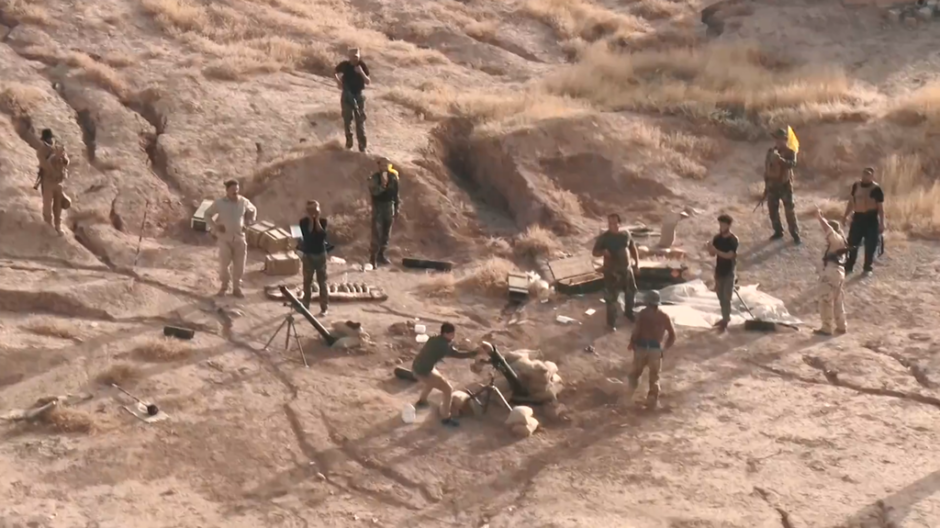Israel has reportedly opened a new front in its concerted campaign to thwart Iran’s military buildup in the Middle East.
It would seem that the long arm of the Israeli armed forces has reached Iraq.
This is the first time in nearly four decades that Iraq has been targeted by Israel. In 1981, Israeli aircraft destroyed the French-built Osirak nuclear reactor near Baghdad.
Iraq has been in a state of war with Israel since its birth in 1948.
Israel fought Iraq in the War of Independence. During the Six Day War, the Israeli Air Force bombed Iraqi Air Force bases in western Iraq. During the Yom Kippur War, Israel and Iraq clashed on the Golan Heights. In 1991, Iraq fired 39 Scud missiles at Israel, but at the insistence of the United States, which was on the verge of invading Iraq, Israel refrained from retaliating.
Until very recently, Israel focused exclusively on obstructing Iran’s efforts to build a land corridor from Iraq to Syria to smuggle arms and on conducting preventive air raids against Iranian bases and installations in Syria. Indeed, Israel has launched many such attacks in the past few years, taking credit for only a handful. As well, the Israeli Air Force has bombed Hezbollah convoys transporting Iranian weapons from Syria to Lebanon.
Israel’s campaign against Iran is such that Israeli Prime Ministers Benjamin Netanyahu said last month, “At the moment, the only military in the world that is fighting Iran is the Israeli military.”
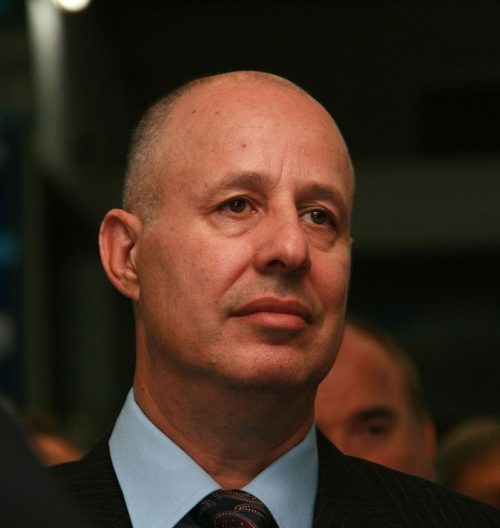
The Israeli Minister for Regional Cooperation, Tzachi Hanegbi, alluded to this when he said, “For two years now, Israel has been the only country in the world killing Iranians. We have hit the Iranians hundreds of times in Syria. Sometimes they admit it. Sometimes foreign publications expose the matter.”
Last month, in a significant shift in accordance with its policy of degrading pro-Iranian assets, Israel went on the offensive in Iraq, apparently attacking weapons and munitions depots belonging to an umbrella group of Shi’a militias known as the Popular Mobilization Forces.
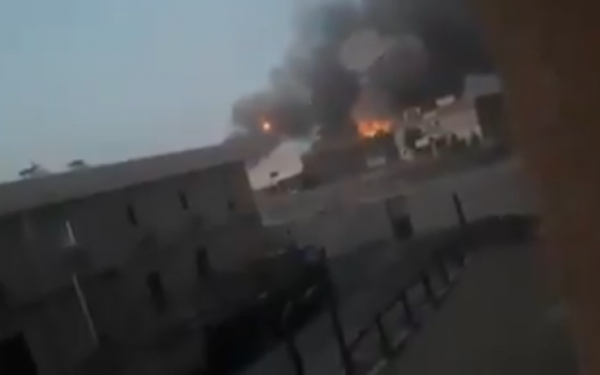
Loosely affiliated with Iran, they are ostensibly part of Iraq’s security forces. In 2014, in fierce battles throughout Iraq, they helped the Iraqi army defeat the Islamic State organization. Some of the militias are semi-autonomous, while still others maintain close relations with Iran and are generally regarded as Iranian proxies.
Israel believes that Iraq is being converted into a launching pad for attacks against the Jewish state, and that pro-Iranian militias there have sent weapons to their allies in Syria and Hezbollah.
The London-based Saudi newspaper Ashaq Al-Awsat claims that Israel has carried out raids in Iraq with the permission of the United States and Russia on condition of not publicly acknowledging them.
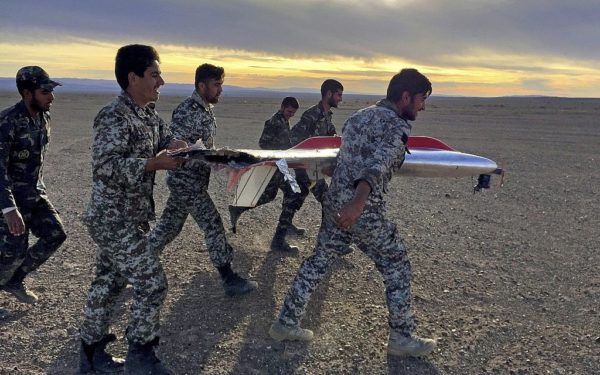
According to The New York Times, Israel bombed a Popular Mobilization Forces base on July 19 that the Iranian Revolutionary Guards Corps’ Quds Force used to transfer weapons to Syria. A cargo of guided missiles was destroyed. Three people, included an Iranian, were killed in this raid.
The latest attack occurred on August 25, when a Popular Mobilization Forces base along Iraq’s border with Syria was bombed. Six Iraqis were reportedly killed, including a field commander.
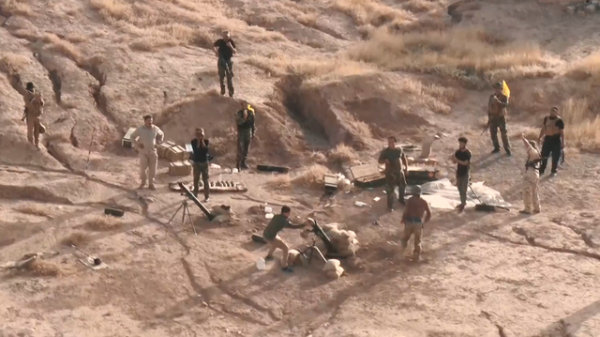
Iraqi Prime Minister Adel Abdul Mahdi has warned Israel that Iraq will use “all means” at its disposal to retaliate. The former prime minister of Iraq, Nouri al-Maliki, has issued a similar warning.
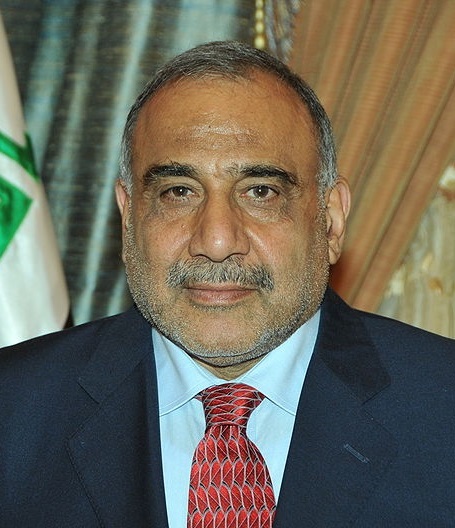
Israel has neither confirmed nor denied responsibility for any of the strikes against Iraq, but Netanyahu has dropped broad hints about Israel’s involvement in them.
On August 22, he said, “I don’t grant Iran immunity anywhere. Iran is a state, a power, that has sworn to annihilate Israel. It’s trying to establish bases against us everywhere. In Iran itself, in Lebanon, in Syria, in Iraq, in Yemen.”
When a reporter asked Netanyahu whether Israel has attacked Iraq, he replied, “We’re acting not only if necessary, we’re acting in very many theaters against a state that seeks to annihilate us. Obviously I’ve given the security forces the order and the operational freedom to do what is necessary in order to disrupt these plots by Iran. And obviously I’ve also led, and in many ways continue to lead, a global effort against Iran. And there were years when I stood alone.”
He added that Iran continues to threaten Israel with annihilation and is building military bases across the Middle East with that objective in mind. “We will act — and currently are acting — against them, wherever it is necessary,” he said.
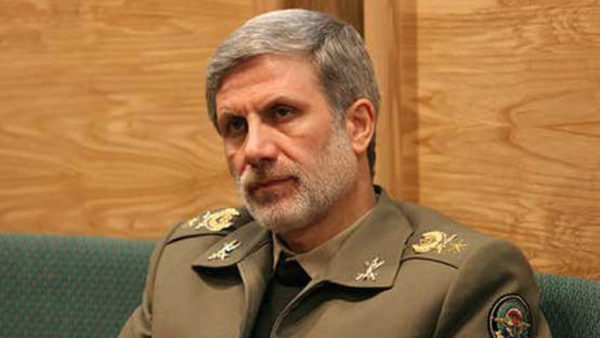
Responding to Israel’s attacks in Iraq, Iranian Defence Minister Amir Hatami said on August 18 that Iran will upgrade Iraq’s military capabilities.
Qassem Soleimani, the commander of the Islamic Revolutionary Guards Corps’ Quds Force, has warned Israel that its strikes against Iran will not be tolerated. “These insane operations will surely be the last steps of the Zionist regime,” he boasted in a recent tweet.
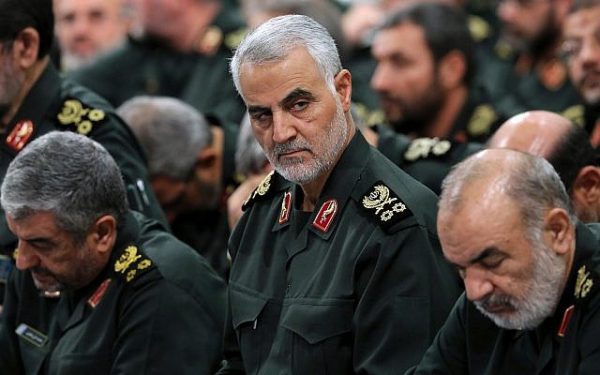
When Hanegbi was asked what might happen if Iran attacks Israel, he said, “The Iranians are very limited in their responses, and it’s not because they do not have the capabilities, but because they understand that Israel means business.”
